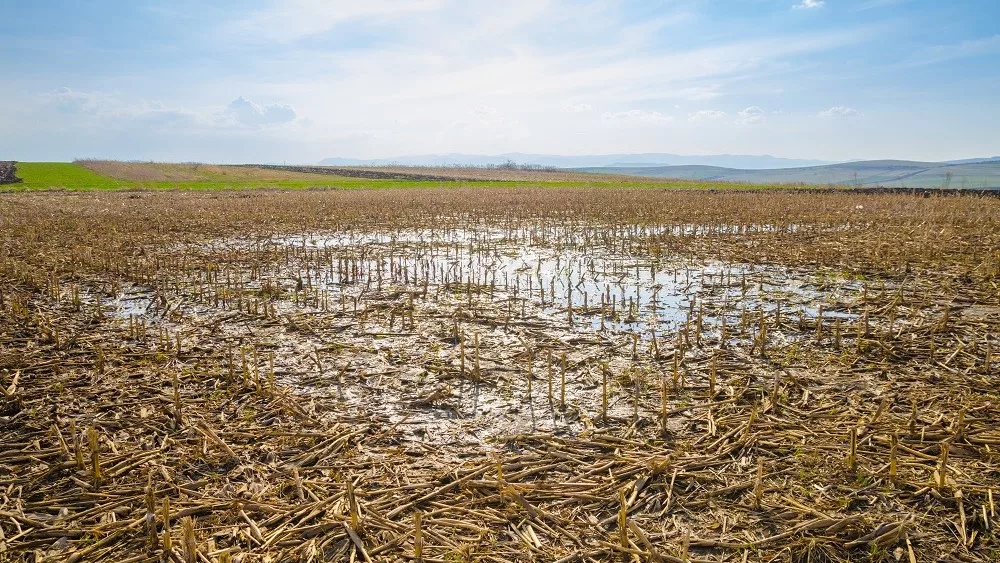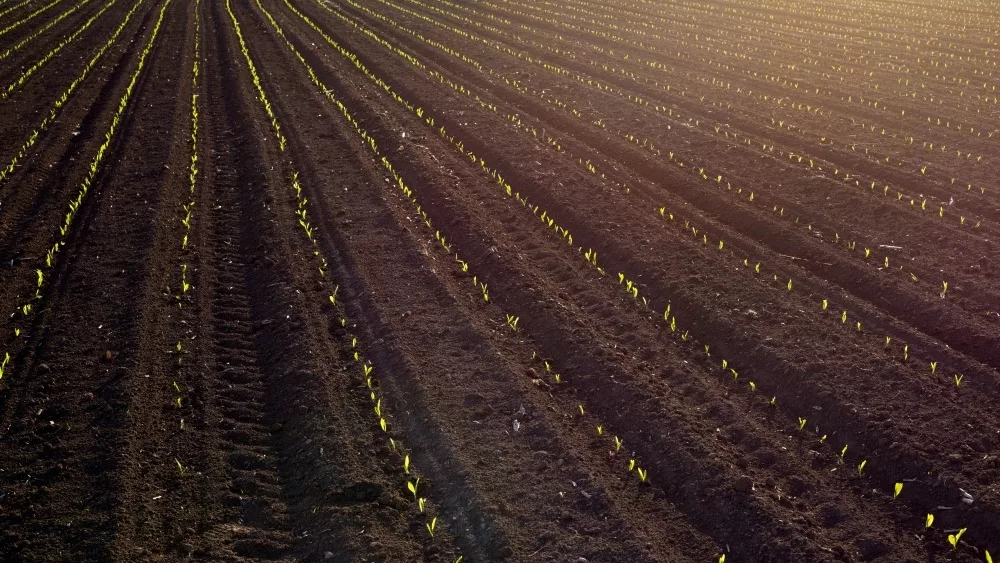An all-hands on deck effort to get sugarbeet producers the supplies they need. This is the Michigan Ag Today Sugarbeet Planting Report, brought to you by Betaseed, where research breeds confidence.
Frigid temperatures coupled with windy and dry conditions have been taking a toll on the state’s sugarbeet crop. Compared with years past, Rob Gerstenberger, Betaseed sales manager, says this year is abnormal.
“Generally in Michigan, we’ll see plenty of rain—too much rain a lot of times—in April, and we start to see a warming trend which works real good t get those early planted beets out of the ground,” he said. “This has been a year we haven’t seen in a long, long time.”
The cold, dry conditions aren’t doing any favors to get stands established. This is especially true for the beets that were planted mid to late March that have started to emerge.
“When we did receive some rain, that put a crust on some of the ground, so that was not helpful at all,” said Gerstenberger. “The beets under the crust, and our growers have been doing anything and everything they can to help get that beet out of the ground. They’ve been running their crust busters, and I still don’t know if that’s the answer.”
In USDA’s crop progress report Monday, 5 percent of Michigan’s sugarbeets are emerged. Growth has been hard to come by with the cooler temperatures and frost. In some cases, it’s caused irreversible damage. Gerstenberger says there’s a need to replant.
“We had some seedling disease, and then cold temperatures that actually froze them,” he said. “It’s a combination of things that really triggered the replant.”
Before the effects of the COVID-19 pandemic really took hold, there were some concerns from all crop producers about the availability of products. Betaseed’s plant in Oregon has been running 24 hours a day to supply seed.
“Seed supplies are good, but we have to put the finishing touches on some of that seed, like get it packaged and move it to Michigan,” said Gerstenberger. “So far we’ve been able to satisfy our customers pretty well.”
As of Monday, USDA’s data shows that 41 percent of Michigan’s sugarbeets have been planted. Gerstenberger estimates that roughly 90 percent has been planted. During a time of global uncertainty, there is still promise with the sugarbeet crop.
“We have all kinds of potential with this crop yet,” he said. “We’re still way ahead of last year—I’m very optimistic. We’ve got good seed in the ground, and we’re not compromising on our varieties that we’re planting. We could have an outstanding crop again.”
The MAT Sugarbeet Planting report is brought to you by Betaseed, supporting Michigan and Ontario growers with add-on seed needs.






